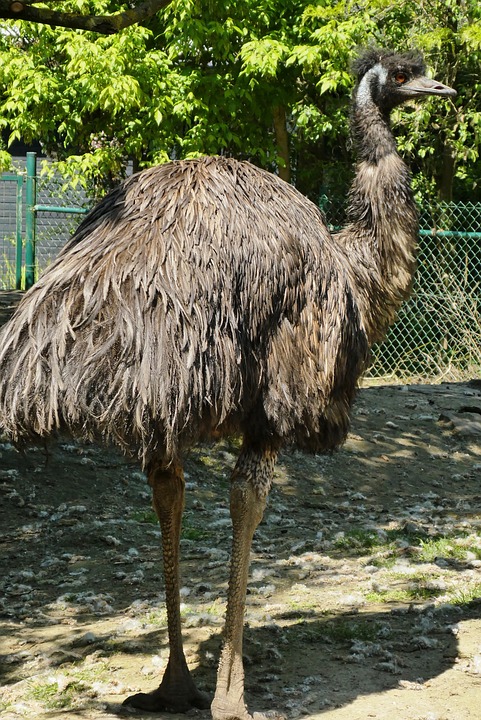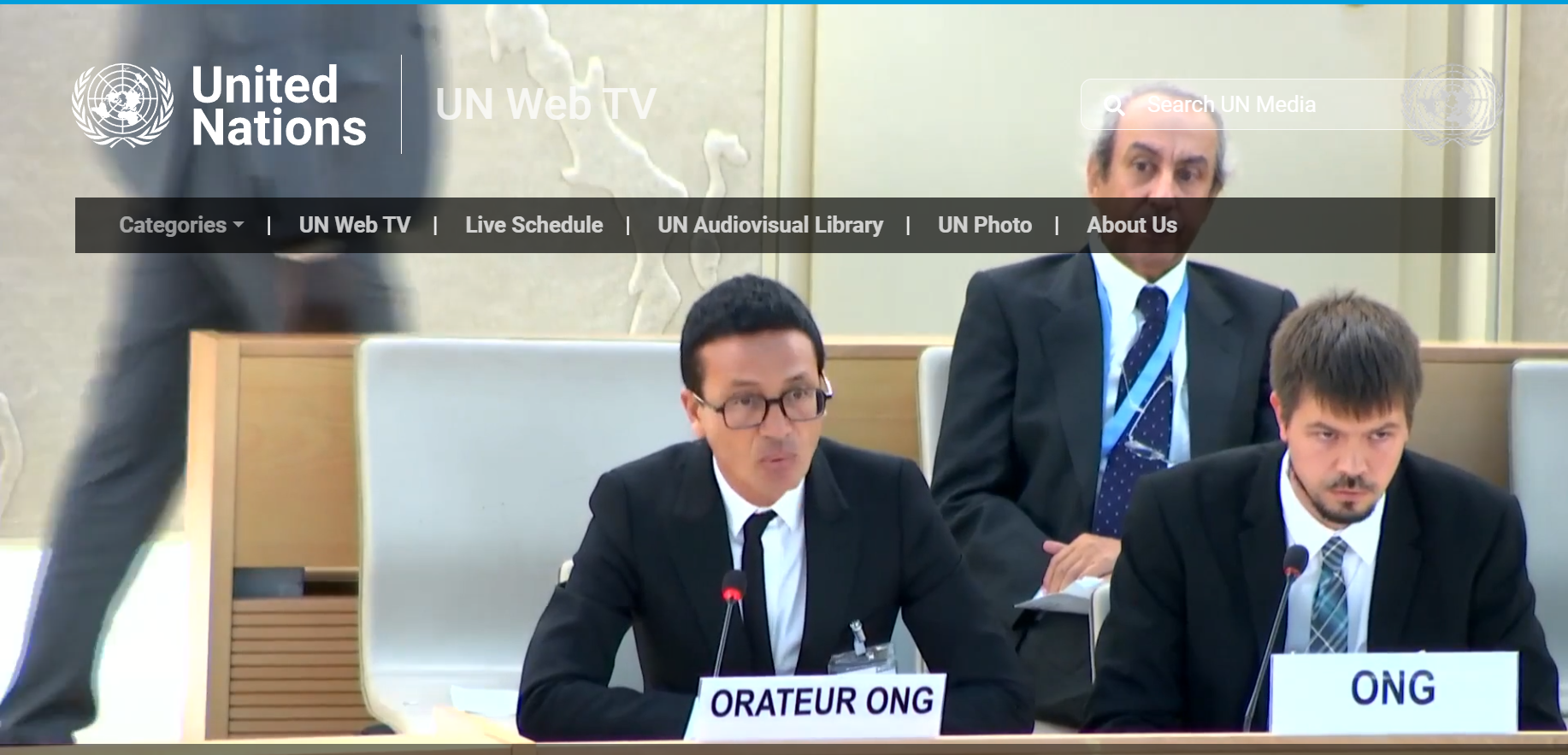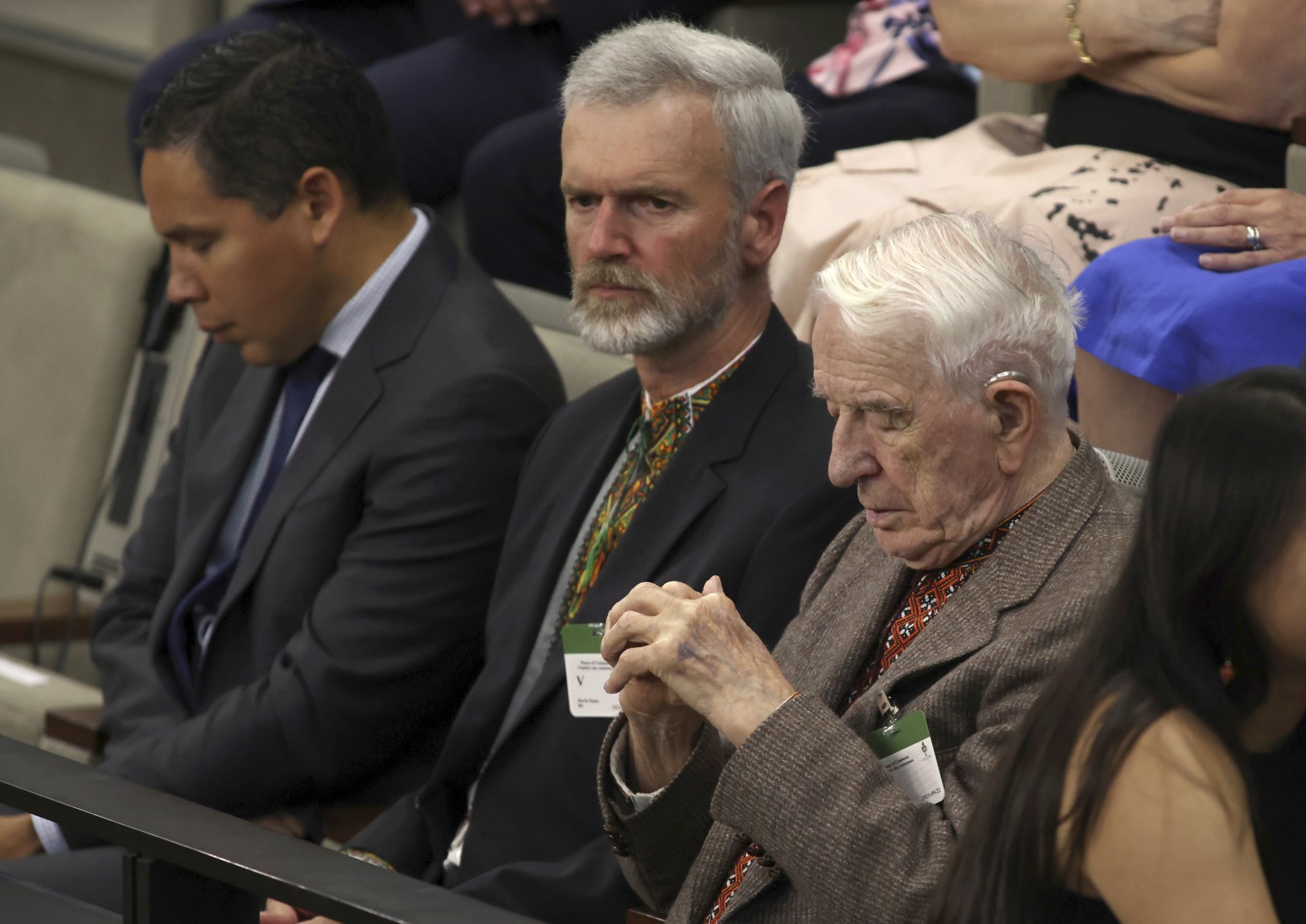“Azerbaijan must also promptly and independently investigate alleged or suspected violations of the right to life reported in the context of its latest military offensive…during which dozens of people, including peacekeepers, were killed,” said, Morris Tidball-Binz, the UN Human Rights Council-appointed Special Rapporteur on extrajudicial, summary or arbitrary executions.
Thousands have moved into Armenia from the Karabakh Economic Region of Azerbaijan in the span of just a few days, including many elderly, women and children.
UN chief António Guterres said on Tuesday he was “very concerned” about the displacement.
“It’s essential that the rights of the displaced populations be protected and that they receive the humanitarian support they are owed,” Spokesperson Stéphane Dujarric told journalists at UN Headquarters.
Long-running conflict
Conflict between Armenia and Azerbaijan over the region has persisted for more than three decades, but a ceasefire and subsequent Trilateral Statement was agreed almost three years ago following six weeks of fighting, by the leaders of Armenia, Azerbaijan and Russia, leading to the deployment of several thousand Russian peacekeepers.
Amid last week’s flare-up in fighting and the arrival of the first refugees in Armenia, the UN chief called for fully-fledged access for aid workers to people in need.
International standards must apply
Mr. Tidball-Binz said that “investigations must be conducted in accordance with international standards, in particular the Revised UN Manual on the Effective Prevention and Investigation of Extra-Legal, Arbitrary and Summary Executions, also known as the Minnesota Protocol”.
This requires that investigations be carried out promptly and be thorough, complete, independent, impartial and transparent.”
“I reaffirm my readiness to provide technical assistance to the authorities for ensuring compliance with their international humanitarian law and human rights obligations to properly investigate every potentially unlawful death in line with applicable standards of forensic best practice,” the Special Rapporteur said.
Special Rapporteurs and other UN experts are not UN staff and are independent from any government or organisation. They serve in their individual capacity and receive no salary for their work.
Taking questions from reporters in New York, the UN Spokesperson Stéphane Dujarric said that the UN has been in communication with the Government of Azerbaijan on issues relating to international law and humanitarian principles, noting that the Government has given public assurances that all citizens in the region would be protected.
Alarming images
He also flagged a statement issued on Wednesday by Alice Wairimu Nderitu, the Special Adviser on the Prevention of Genocide.
“She reiterated her strong concern over the ongoing situation in the South Caucasus region…She said the images of people leaving due to fear of identity-based violence are very alarming”.
Ms. Nderitu called for “all efforts to be made” to ensure the protection and human rights of the ethnic Armenian population who remain in the area and for those who have left.
Emergency shelter, ‘critical’
In a press briefing in Geneva earlier in the day, the World Health Organization’s head of Health Emergencies, noted that possibly up to a third of the population of the Karabakh region has moved “in a very, very short time.”
They don’t have their normal meds with them. They haven’t eaten, they are thirsty. There is a risk of dehydration, there’s a risk to disease and other psychological traumas which go along with that. I think right now, given the cold temperatures at night emergency shelter is absolutely crucial.”














